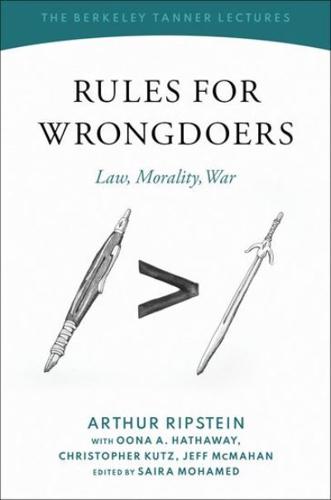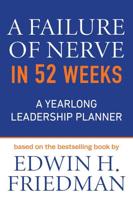Publisher's Synopsis
Arthur Ripstein's lectures focus on the two bodies of rules governing war: the jus ad bellum, which regulates resort to armed force, and the jus in bello, which sets forth rules governing the conduct of armed force and applies equally to all parties. Ripstein argues that recognizing both sets of rules as distinctive prohibitions, rather than as permissions, can reconcile the supposed tension between them. He contends that the law and morality of war are in fact aligned, because the central wrong of war is that war is the condition which force decides. In his first lecture, "Rules for Wrongdoers," he explains how moral principles governing an activity apply even to those who are not permitted to engage in them. In his second lecture, "Combatants and Civilians," he develops a parallel account of the distinction between combatants and civilians. The volume includes an introduction by editor Saira Mohamed and subsequent essays by commentators Oona A. Hathaway, Christopher Kutz, and Jeff McMahan. Rules for Wrongdoers represents a major statement on the ethics of war by one of the most distinguished thinkers in the field.








